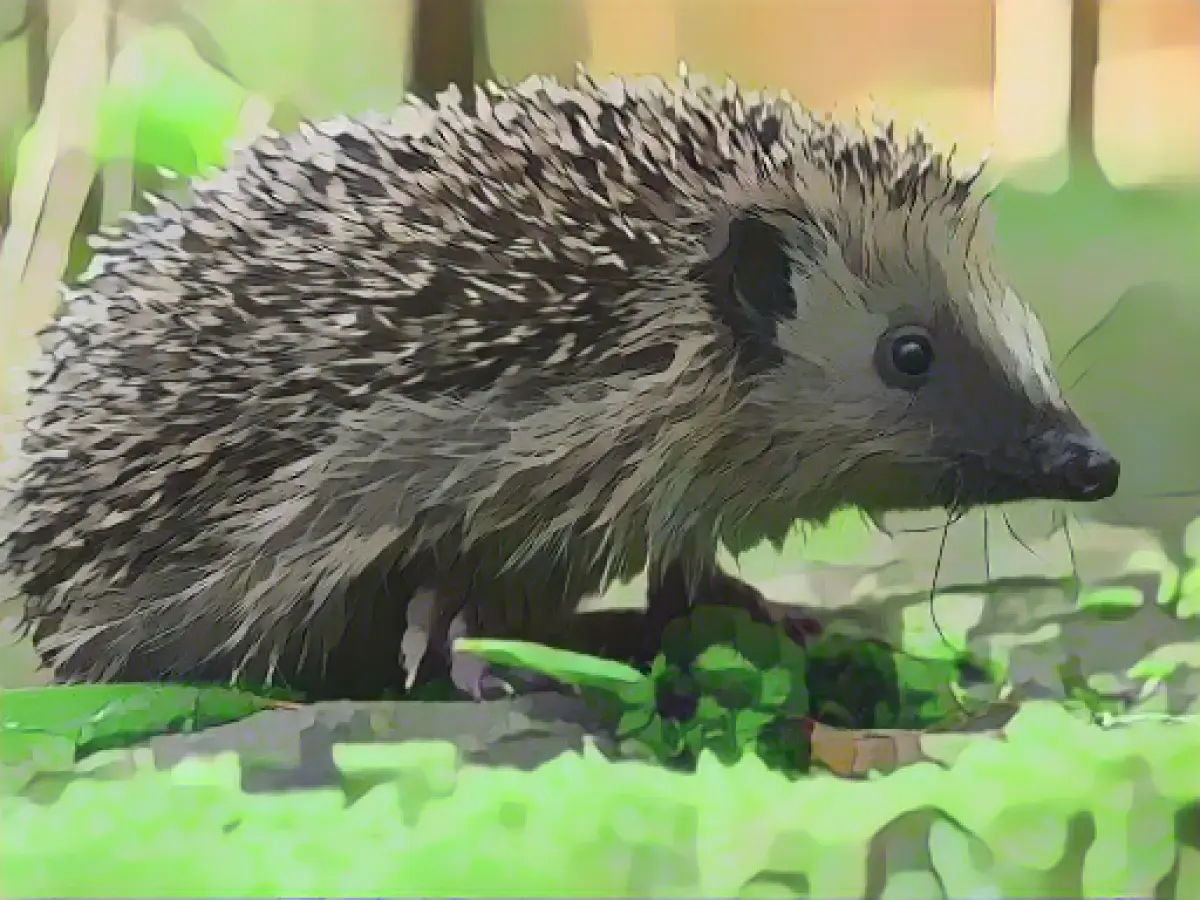LBV: Warm fall confuses wildlife
According to the nature conservation organization LBV, the mild autumn is upsetting the rhythm of the animals. Many migratory birds are not yet on their way south, said LBV biologist Angelika Nelson in Hilpoltstein on Wednesday. Hibernators such as hedgehogs and bats are also still looking for food. But this could have consequences for the entire ecosystem. This is why the Bavarian Association for the Protection of Birds and Nature (LBV) is calling for more efforts to protect the climate.
Due to the milder temperatures, short-distance migrants such as starlings, chiffchaffs and blackcaps could stay longer in Bavaria, return earlier from their winter quarters or even spend the winter here. This allows them to secure the best nesting sites in spring, to the detriment of long-distance migrants such as cuckoos and redstarts, explained Nelson. Birds such as the blue tit and great tit, which have always wintered in Bavaria, also have to share the limited food with other species during the cold season.
"Relationships between different creatures that have been established over the years are out of sync," said Nelson. For hedgehogs, for example, it may still be too warm to hibernate. But because insects, spiders and worms are already hiding in sheltered places, hedgehogs are finding it harder to build up fat reserves for the winter.
The current mild climate is impacting various animals in their natural habitats, as short-distance migrants like starlings and blackcaps might extend their stay, causing potential conflicts with long-distance migrants for nesting spots. The unusual fall weather also affects hibernating animals, such as hedgehogs and bats, as they struggle to find enough food and prepare for winter, threatening the balance of the entire environment.
Source: www.dpa.com








